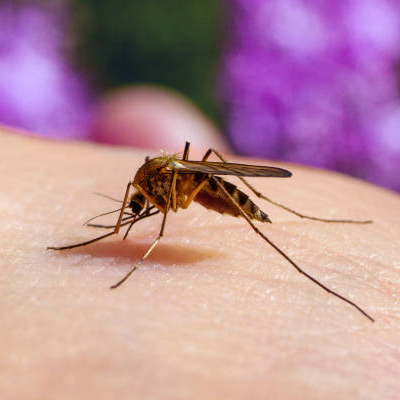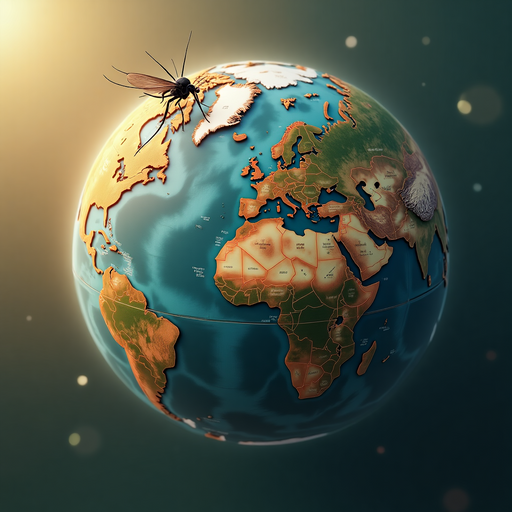MOSQUITO-BORNE DISEASES: A GROWING PUBLIC HEALTH CONCERN

About EK Lifesciences
At EKO Lifesciences, we are committed to advancing scientific research and
healthcare solutions to combat infectious diseases. Our mission is to develop
innovative, evidence-based strategies for disease prevention, diagnostics,
and treatment. With a strong focus on vector-borne diseases, we work
towards creating safer, healthier communities through cutting-edge research
and technology.
Understanding Mosquito-Borne Diseases:
Mosquitoes are more than just a nuisance; they are carriers of some of the deadliest diseases affecting
millions worldwide. With changing climates and urban expansion, the spread of mosquito-borne diseases is
becoming a serious public health challenge.
TOP NEWS
Global impact of mosquito borne diseases
Mosquito-borne diseases remain one of the most significant public health challenges worldwide, affecting millions of people every year. These diseases not only pose a severe health threat but also have farreaching economic and social consequences.
Mosquito-borne diseases are a major global health crisis, causing over 700,000 deaths annually (WHO). These diseases, including malaria, dengue, Zika, chikungunya, and West Nile virus, are spreading due to climate change, urbanization, and globalization.


MESSAGE FROM DR.TANU JAIN DIRECTOR, NCVBDC
- Vector-borne diseases (VBDs) like Malaria, Dengue, Chikungunya, JE, Kala-azar, and Lymphatic Filariasis pose a significant health burden in India, especially in rural, tribal, and urban slum areas. The National Center for Vector Borne Diseases Control (NCVBDC) under NRHM aims for a VBD-free India with equitable healthcare access.
- Efforts include strengthening diagnostics, treatment, vector control, and community awareness. Measures like IRS, LLINs, anti-larval strategies, and larvivorous fish use are key interventions. Sentinel surveillance is in place for severe cases, while partnerships with private healthcare providers, NGOs, and local bodies enhance reach.
- Malaria control focuses on early diagnosis, ACT treatment, and robust monitoring. Special projects and mass drug administration target Kala-azar and Filariasis. Climate change and urbanization pose new challenges, necessitating continued vigilance.
- Private practitioners are urged to follow national treatment guidelines, prevent drug resistance, and educate communities. Public-private partnerships, training, and collaboration are vital to eliminating VBDs. The NCVBDC, supported by WHO, the Global Fund, and the World Bank, remains committed to this mission.

